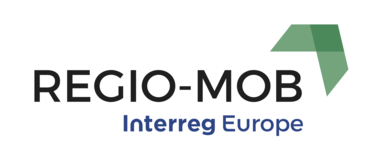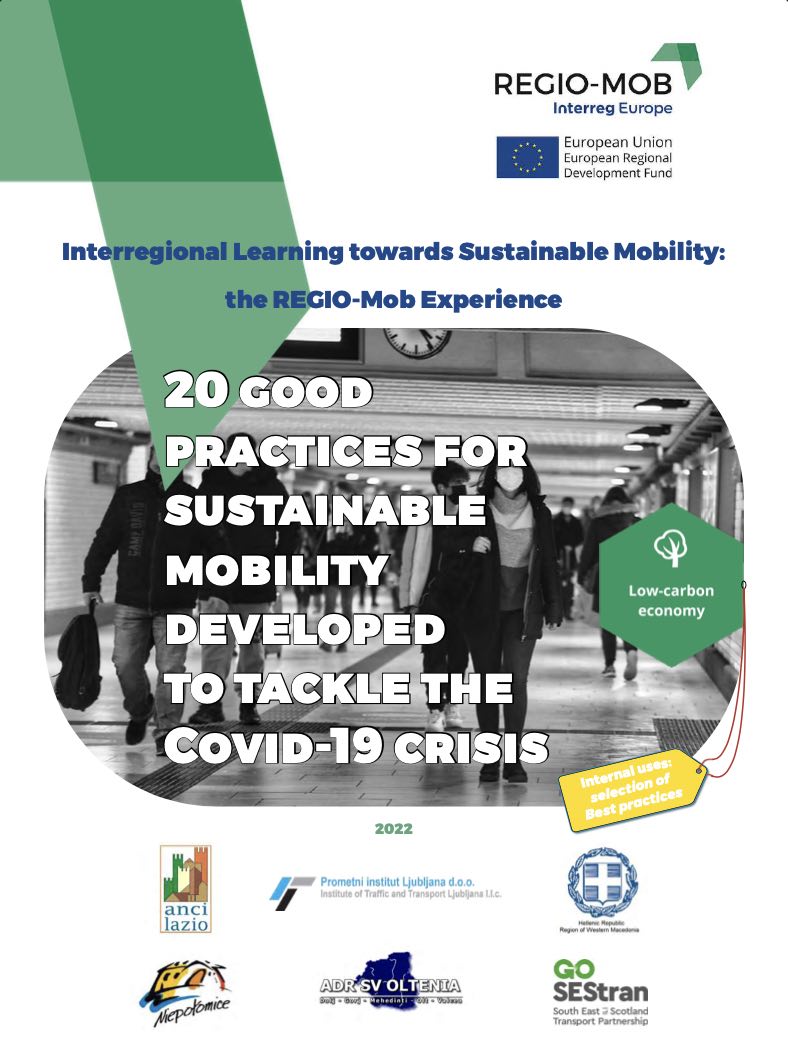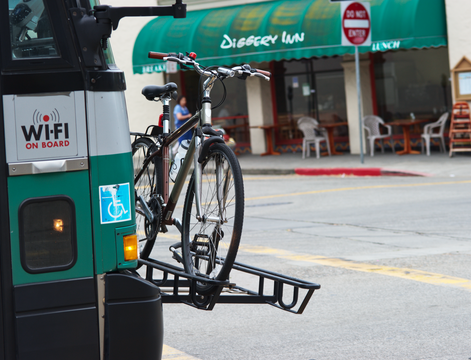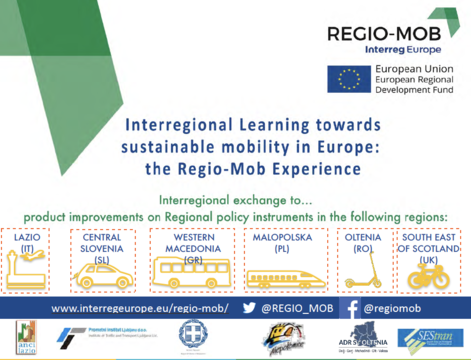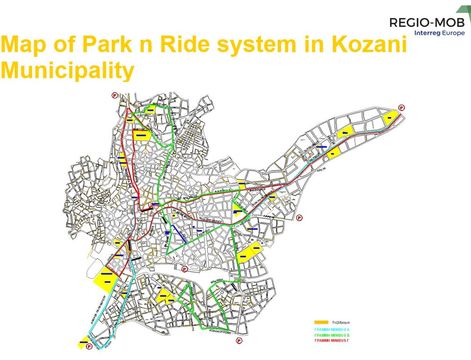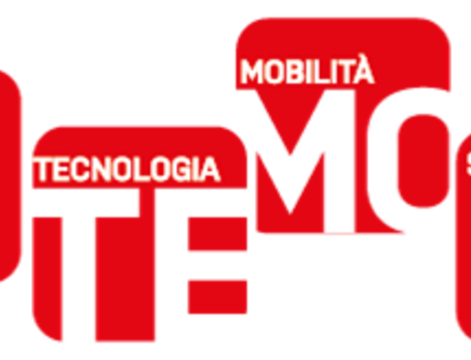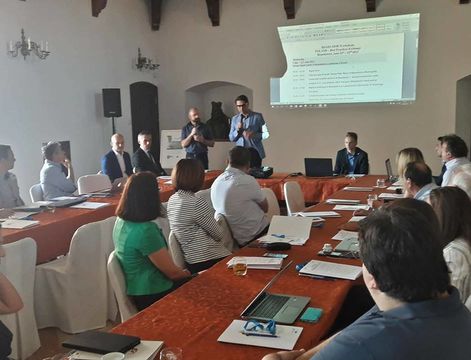On March 15th-16th 2017, the interregional meeting focused on the “exchange of good practices” took place as part of the Regio-Mob project in Rome, on the initiative of ANCI LAZIO with the collaboration of the Regional Directorate for Territory, Urban Planning, Mobility and Waste Management (TUMR), in the framework of the synergies developed between Regio-Mob and Social Car, a Horizon 2020 project that seeks to assimilate carpooling into existing mobility systems.
The event was attended by 40 REGIO-MOB partners and their invited experts from Scotland, Spain, Slovenia, Poland, Romania and Italy as well, to improve knowledge, skills and competencies of stakeholders involved in the Smart, clean and intelligent mobility at regional level.
The first panel discussion was focused on the two Italian good practices selected by the partners and proposed by Anci Lazio: 1) Limit4WeDA – Light Mobility (Light Mobility and Information Technologies for Weak Demand Areas) and 2) PASTA (Physical Activity Through Sustainable Transport Approach), respectively introduced by Andrea Campagna from Transport and Logistic Consortia of Sapienza University of Rome and Francesco Iacorossi from Rome Mobility Services Agency of the City of Rome.

The LIMIT4WeDA deals with mobility in areas affected by weak demand of transport, particularly in rural areas generally characterized by inefficient public transport systems and consequently with a widespread use of private car. P.A.S.T.A. aims to show how promoting active mobility (i.e. walking and cycling) can lead to a healthier, more physically active population - saving money and more importantly improving our lives.
The second panel gave insights in the development of innovative solutions for a sustainable mobility system in the Region of Western Macedonia, as partner of Regio-Mob project.
Dimitrios Mavromatidis and Paraskevi Christopoulou discussed the potential of Intelligent Transport Systems (ITS) to reduce road traffic accidents, while Valantis Ketikidis – Technical Chamber of Greece / Department of Western Macedonia presented the Green eMotion project that is an exciting and innovative project aimed to promote the electromobility in Europe, being part of the European Green Cars Initiative (EGCI).
The second day was dedicated to a study visit to the Control Room of the Termini Railway Station from which rail traffic of central Italy is controled, as well as communications and signaling systems of all railway stations.
The technological evolution of the control systems renovated in 2016 was illustrated. Such improvement of the control system has allowed to increase the number of trains traveling from the South and therefore from the metropolitan area of Rome that is the focus area particularly analised by Anci Lazio for Regio-Mob project.

Attendees then participated in a visit to the new Line C of the metro system of Rome running from Monte Compatri, in the southern peri-urban area of Rome and project’s focus area, to the station of Lodi, the last station opened in June 2015. The line is not yet connected to the other two metro lines in Rome, though it is going to interchange with Line A by 2017, at San Giovanni station.

